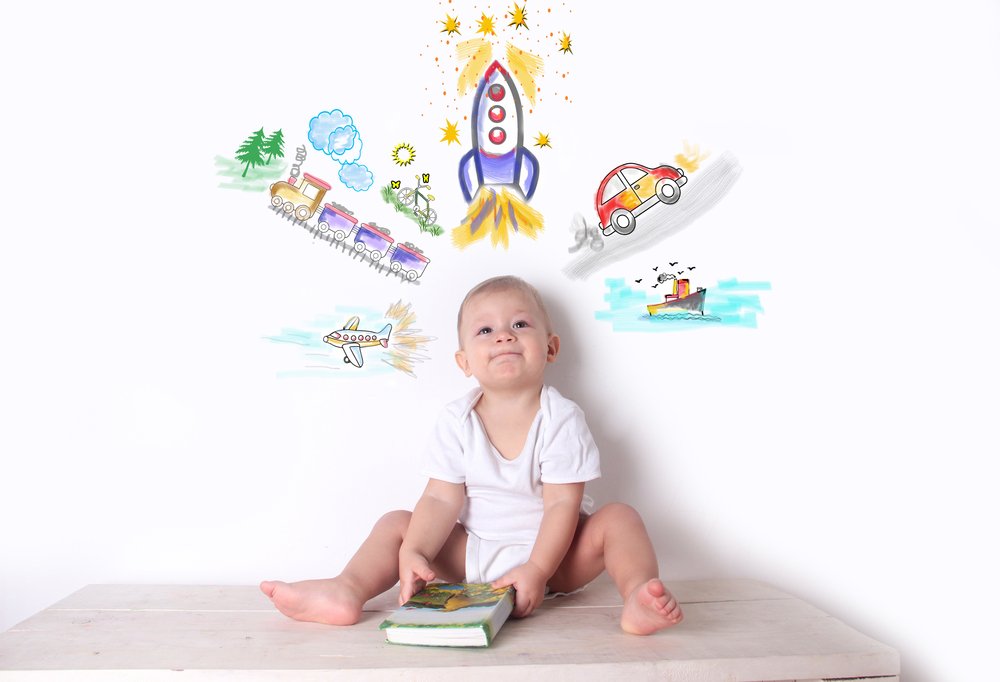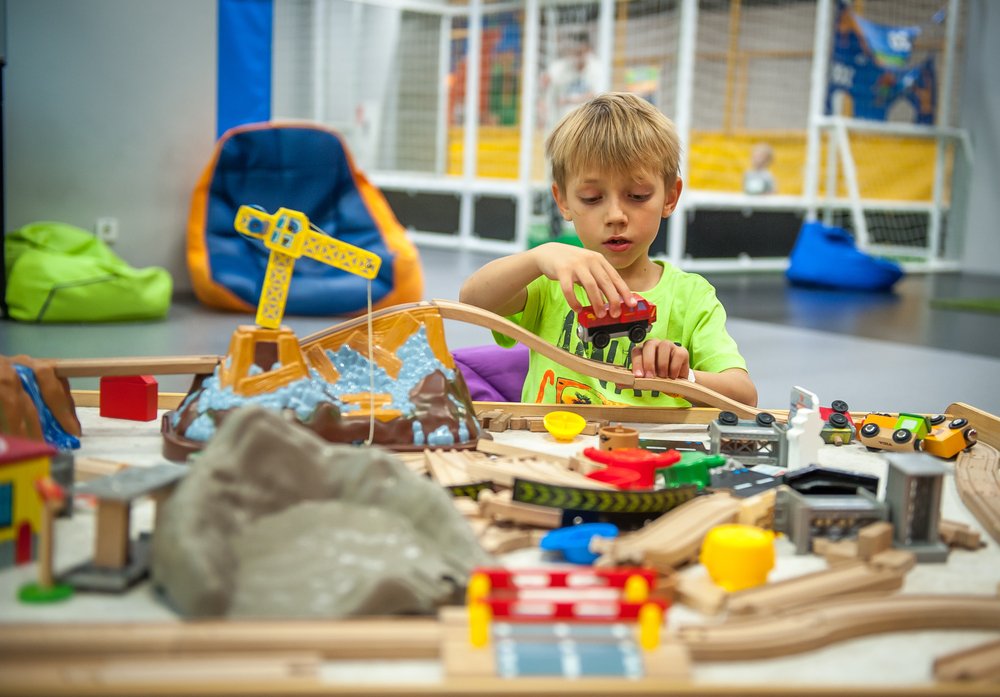
Are you talking to me?
Key points: MIT’s research supports the idea that back-and-forth conversation with parents helps foster children’s communication skills and brain response…
[cat_cust_menu]

Key points: MIT’s research supports the idea that back-and-forth conversation with parents helps foster children’s communication skills and brain response…

Key points: Parenting styles are unique and may vary based on personal values and beliefs. Successful parenting involves a complex…

Key points: The article provides tips for parents to help their children who are excessive droolers, suggesting that they visit…

Key points: 1. Environment and attentional abilities impact language development. 2. Attentional abilities progress from face-to-face to including objects, aiding…

Key points: 1. The environment significantly influences a child’s genes and development from before birth. 2. Epigenetics explores how experiences…

Key points: 1. Expressing gratitude leads to being compassionate, generous, happy, and healthy. 2. Nurture gratitude in children by modeling…

Key points: 1. Books prepare kids for school and encourage communication. 2. “The Pout-Pout Fish Goes to School” and “The…

Key points: 1. Movement play is crucial for early childhood development, impacting physical, linguistic, social-emotional, and cognitive areas. 2. Movement…

Key points: 1. Practice water safety to prevent drowning, the leading cause of accidental death in young children. 2. Supervise…

Key points: 1. Babies’ brain development depends on responsive interactions with caregivers. 2. “Serve and return interactions” with caregivers are…

Key points: 1. Limit screen time for kids (2-5 years). 2. Pack appropriate entertainment for the trip. 3. Engage in…

Key points: 1. “Being there” involves serve and return interactions. 2. Occasional lapses in attention are normal. 3. Not all…

Key points: 1. Parents’ emotional state affects children, who absorb emotions from an early age. 2. Practicing mindfulness enhances awareness…

Key points: 1. Baby emotions evolve from simple to complex, influenced by physiological changes and stimuli. 2. Basic newborn emotions…

Babies and infants are much more sensitive to what we put on their skin than adults. Here’s how we can…

Key points: 1. Children’s involvement in household cleaning promotes empathy and social connections. 2. Providing kids with their own cleaning…

Key points: Babies develop advanced theories and knowledge from a very young age. They construct theories about objects, numbers, living…

Key points: Babies are natural scientists from birth. Engage in repetitive play to teach concepts like gravity. Foster STEM skills…

Key points: Tantrums are a normal part of toddler development. Understanding your child’s emotions can prevent tantrums. Identify possible tantrum…

Key points: Begin reading to your baby early with short and simple books, focusing on one concept at a time…

Key points: Encourage food play for better acceptance of new foods; let kids feel, see, hear, and smell foods before…
Subscribe to our newsletter and join Kinedu’s community